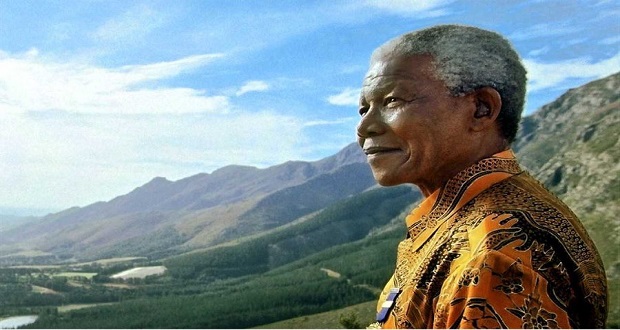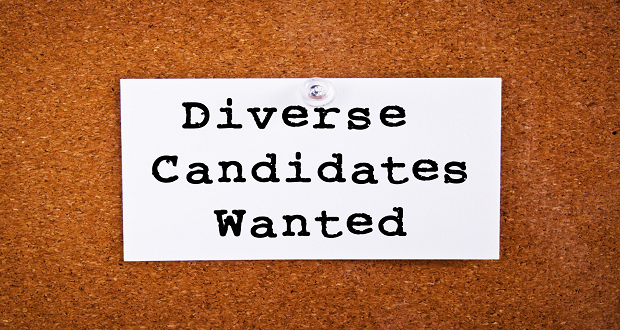
I am old enough to remember where I was (7th grade history class) when I heard the news of John F. Kennedy’s assignation. No matter how old I get, I will never forget that moment. Similarly, I will never forget the moment last Thursday when I heard the news of His Excellency Nelson Mandela’s death. I was facilitating a cultural competence training and one of the participants interrupted the session to tell us the news. A spontaneous silence, a reverent hush permeated the room for at least a moment. Nobody had to suggest a moment of silence. It just happened.
For me, the emotion was a mixture of sadness and gratitude. Sad that Madiba’s physical presence is gone but so grateful for his amazing leadership and incredible sacrifices in the name of freedom.
I traveled to South Africa in 1999. The experience was life altering. I remember vividly the tour of Robben Island and standing in the small cell that served as Mandela’s home for 27 years. I also recall the lime quarry where he was forced to work, causing damage to his eyesight. He was estranged from his family, not allowed to attend the funeral of his eldest son and was banned from having physical contact with his family.
Who among us could endure such atrocities and in the end forgive and call for reconciliation? Mandela invited his jailers to be honored guests at his inauguration as the first Black president of South Africa in 1994 because he believed that it was necessary to free both the prisoner and the jailer. The movie Invictus, the fictionalized version of Mandela’s successful attempt to unite a very racially divided country, shows how he ingeniously used sports (the 1995 Rugby World Cup games) to begin to breakdown deep seated rifts.
And who among us could bring together 100 world leaders, some avowed arch enemies, to honor the works of an indisputably great man? So even in his death, Tata is still the great reconciler, still the loving “father” of all peoples.
Nelson Rolihlahla Mandela epitomizes the true meaning of inclusion. Anyone who wants to know what inclusion looks like, simply needs to study his life, his, works and his values. There are many lessons that in business jargon we would call “best practices”.
President Obama, in his eulogy at Mandela’s memorial service, said it is a time for self-reflection. How well have we applied Madiba’s principles in our own lives?
An African proverb says, “a man is not dead until he is forgotten.” Let us not only not forget, let us carry on Madiba’s fight for freedom with new resolve and commitment to eliminate injustices wherever they may exist.
Share your thoughts on the life and legacy of Nelson “Madiba” Mandela below.


















